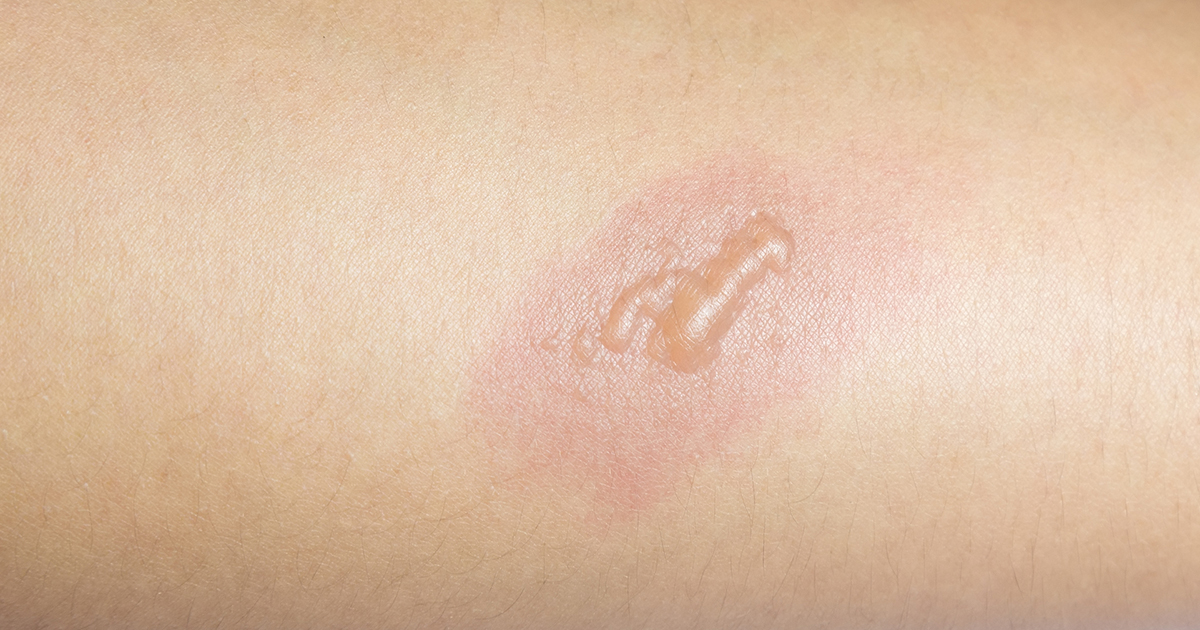Risk Factors And Causes Of Compartment Syndrome
Burns

As there are different types of fractures, there are different types of burns. A first-degree burn only affects the very top layers of skin and probably doesn’t put the individual at risk for compartment syndrome. They are painful and may cause swelling, but they heal without scarring. A deeper burn might make compartment syndrome more likely. A second-degree burn affects the deeper skin layers and causes intense pain and blisters as the plasma and fluids from the tissues are released into the epidermis. Though it is quite painful, a second-degree burn also heals without scarring. A third-degree burn is a full thickness burn that damages all the layers of the skin and may reach the bone. The skin may be charred, but there may be surprisingly little pain due to nerve damage. A third-degree burn causes scars when it heals.
Anticoagulant Therapy

Individuals undergoing anticoagulant therapy are at an increased risk of developing compartment syndrome as a complication of their medication. Anticoagulants are medications utilized to help prevent the formation of new blood clots by disabling one or more of the clotting factors or proteins in the blood that play critical roles in the process of blood clotting. However, these medications do not only stop inappropriate blood clots from forming, but they also prevent the formation of blood clots that are appropriate and necessary. When an individual on long-term anticoagulation medication sustains minor trauma to the body like a pulled muscle or a bone fracture, the injured tissues can hemorrhage into the adjacent tissues and compartments. Compartments are groups of muscles or organs in the body surrounded by strong webs of fascia or connective tissue. The fascia does not allow for easy expansion in situations where pressure builds up inside of a compartment. When a patient on anticoagulant therapy becomes injured and develops a resulting hemorrhage, the pressure increases inside of the affected compartment due to the accumulation of blood and causes compartment syndrome.
